
By Kizito CUDJOE
The government has placed entrepreneurs at the heart of its economic transformation agenda, pledging fresh policy reforms, targeted financing and export support to drive growth, the Deputy Chief of Staff – Administration, Nana Oye Bampoe Addo, said during the National Kaizen Awards.
The government’s strategy, she said, includes easing the tax burden on businesses, expanding access to low-cost financing and scaling up support for small and medium-sized enterprises.
“We envision a future where government and entrepreneurs work hand in hand to deliver prosperity for all Ghanaians,” she stated.
To this end, she pointed to new commitments, including GH?500million in credit from Development Bank Ghana for agribusinesses and a US$100million investment to establish Africa’s first AI-powered agricultural hub, secured during President Mahama’s recent visits to Japan and Singapore.
This, she added, would be used to build on a model that has already supported more than 86,000 smallholder farmers across 122,000 acres nationwide.
Nana Oye Bampoe Addo, speaking at the event in Accra, added that the government was also prioritising a ‘Made-in-Ghana’ agenda to boost local industries and strengthen export competitiveness under the African Continental Free Trade Area (AfCFTA).
Additionally, she said the government would back women-led firms through a planned Women’s Development Bank, and expand training for young entrepreneurs under national apprenticeship programmes.
She noted: “Kaizen is more than a philosophy of continuous improvement; it is a powerful metaphor for our national journey. It teaches us that true progress is achieved through small, deliberate steps, daily discipline and a relentless pursuit of excellence.”
She, therefore, urged the awardees that their adoption and implementation of the Kaizen principle of continuous, incremental improvement reflects the very essence of what national development should be – shared, sustainable and transformative.
The National Kaizen Awards was organised by the Ghana Enterprise Agency (GEA) and the Management Development and Productivity Institute (MDPI).
To sustain Kaizen, GEA has incorporated it as a service into its core operations and initiatives. According to GEA, this has led to more than 33,478 micro and small enterprises receiving fundamental training in Kaizen through partnerships with other development partners.
A key highlight of the awards ceremony was the launch of the UNIDO Smart Performance Analytics for Real-time Kaizen (U-SPARK) project, a new initiative being implemented by the GEA in partnership with UNIDO and funded by the Government of Japan.
The Chief Executive Officer (CEO) of GEA, Ms. Margaret Ansei, said: “The U-SPARK project is expected to serve as a catalyst for the Government of Ghana’s 24-hour economy initiative by enabling enterprises to embrace technology-driven efficiency and expand their production capacity around the clock.”
She added that through initiatives like the Kaizen Awards and U-SPARK pilot, GEA is transforming productivity thinking across MSMEs. “As Ghana moves toward a 24-hour economy, these digitally empowered firms will be the backbone of continuous innovation and national competitiveness.”
Japan’s ambassador to Ghana, Hiroshi Yoshimoto, stressed that during the 9th Tokyo International Conference on African Development (TICAD 9), there was renewed emphasis on the need to co-create innovative solutions to address Africa’s development challenges.
“This aligns perfectly with the purpose of this awards event,” he said. “The National Kaizen Awards focus on micro, small and medium enterprises (MSMEs), which form the backbone of Ghana’s economy. This award initiative will help to promote the operational efficiency of MSMEs and consequently drive inclusive development in Ghana.”
In view of this, he said the partnership between the GEA and Japan International Cooperation Agency (JICA) could be considered an example of such creative collaboration, which was encouraged during TICAD 9.
The Chief Representative of JICA Ghana, Suzuki Momoko, also speaking at the event, recognised that the government’s ‘24-Hour Economy’ programme offers new opportunities to expand Kaizen.
“With support from MOTAI and other ministries, with strategic partners like United Nations Industrial Development Organization (UNIDO), the Mastercard Foundation and private sector and business associations, Kaizen can reach more businesses and industries,” she added.
The Director-General (DG) of MDPI, Prof. Elijah Yendaw, indicated that Ghana’s aspirations for industrial transformation, job creation and global competitiveness are directly tied to productivity growth.
Kaizen, he said, provides a practical pathway to achieve these goals and as “we move toward a more resilient and inclusive economy, Kaizen will continue to shape how we work, innovate and serve.”
ODINA Couture was recognised on the night for the micro and small category, while AMANEX Company Limited also took home the award for the medium category.
The post Entrepreneurs key drivers of economic transformation – Nana Oye Bampoe appeared first on The Business & Financial Times.
Read Full Story
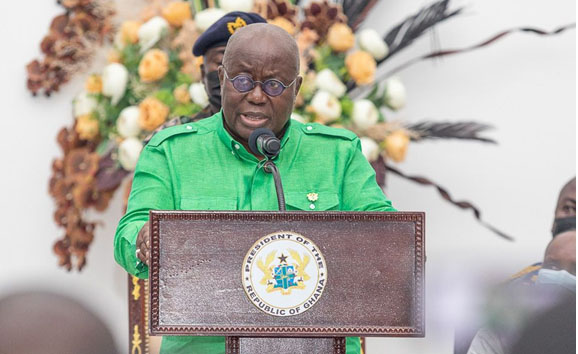


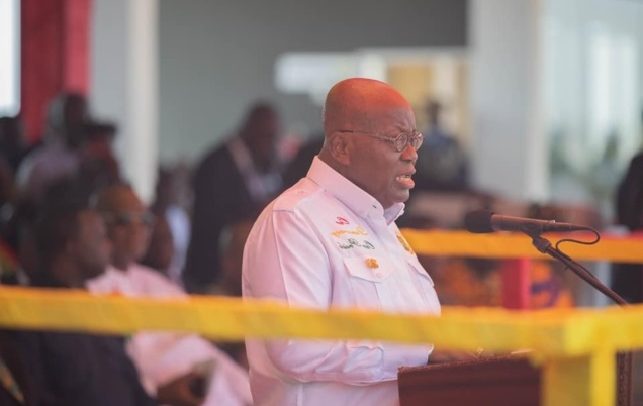
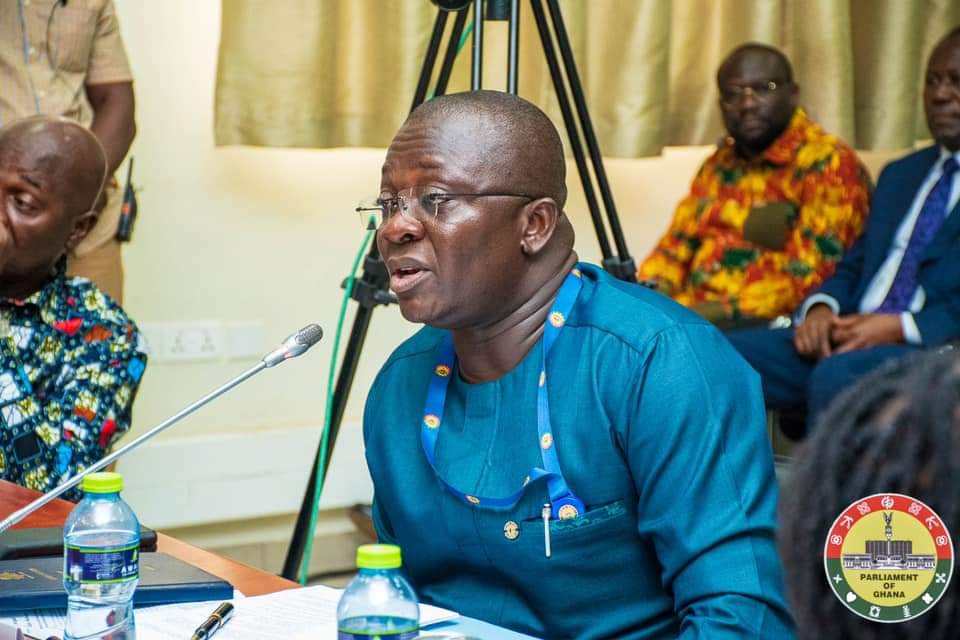
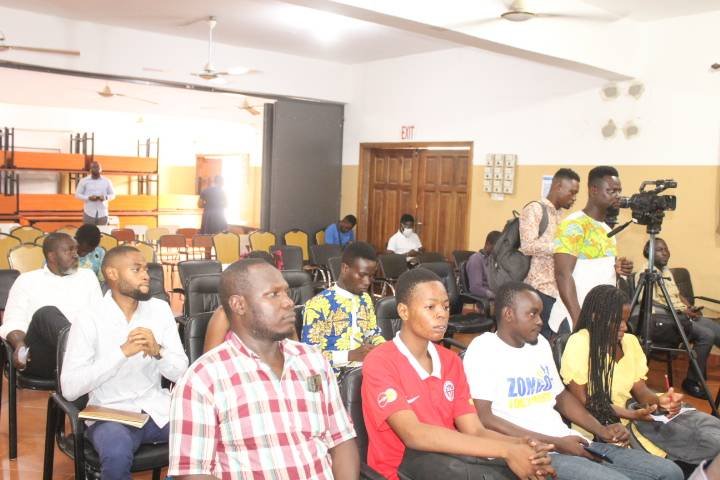

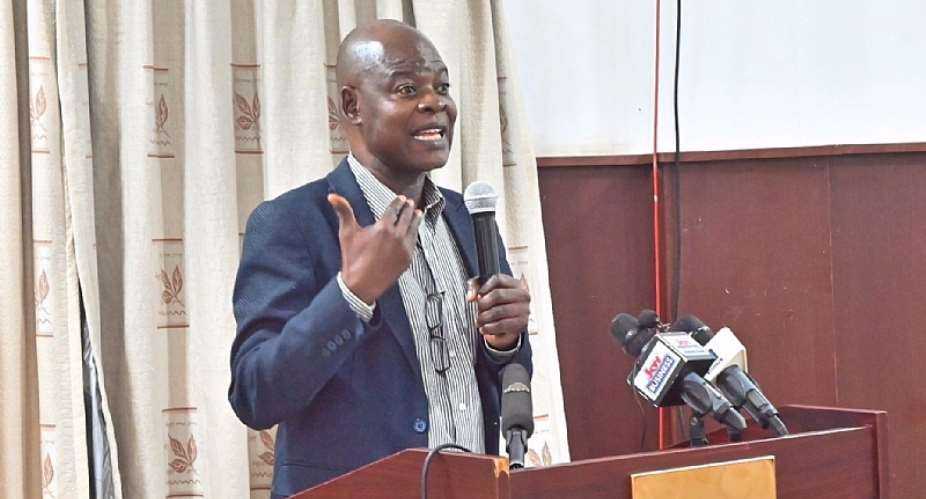











Facebook
Twitter
Pinterest
Instagram
Google+
YouTube
LinkedIn
RSS